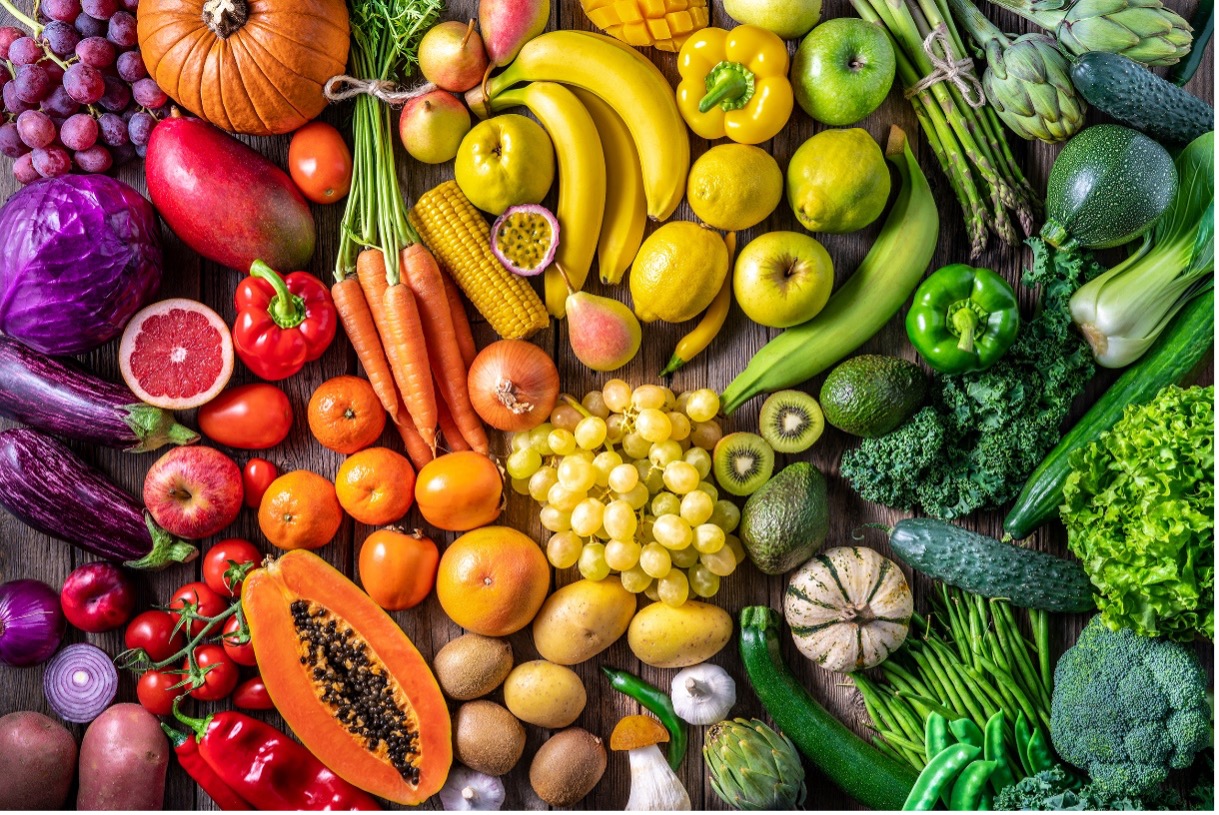James Breuhl believes in a world where convenience often dictates dietary choices, understanding the nutritional differences between fresh and processed foods is vital. This blog from James Breuhl delves into the science behind fresh foods and how they compare nutritionally to their processed counterparts.
James Breuhl on The Nutritional Superiority of Fresh Foods
Fresh foods – fruits, vegetables, meats, and dairy products in their natural state – are typically rich in essential nutrients. These include vitamins, minerals, fiber, and antioxidants, which are crucial for maintaining good health.
- Vitamins and Minerals: Fresh fruits and vegetables are loaded with vitamins such as A, C, and E, and minerals like potassium and iron. These nutrients are essential for various bodily functions, from maintaining healthy skin to supporting the immune system.
- Fiber: Fresh fruits, vegetables, and whole grains are excellent sources of dietary fiber, important for digestive health. Fiber aids in digestion and can also help in managing blood sugar levels and cholesterol.
- Antioxidants: Fresh foods contain antioxidants that combat free radicals – molecules that can cause cell damage and contribute to aging and diseases.
The Impact of Processing on Nutritional Value
Processed foods, although convenient, often lose essential nutrients during their production. This includes not only frozen or canned items but also foods that are packaged to extend their shelf life.
- Nutrient Loss: Processing can diminish the content of water-soluble vitamins like vitamin C and B vitamins. For example, canned vegetables often have lower vitamin C content than their fresh counterparts.
- Additives and Preservatives: Many processed foods contain added sugars, salt, and unhealthy fats, along with preservatives and artificial ingredients that can be harmful in large quantities.
- Caloric Density: Processed foods are usually more calorie-dense and less nutrient-dense, contributing to weight gain and related health issues.
The Balance Between Fresh and Processed
While fresh foods are nutritionally superior, processed foods do have a place in our diets due to convenience and shelf life. The key is balance and making informed choices.
- Incorporating Both: Utilize fresh foods as the cornerstone of your diet but use processed foods strategically when necessary. For example, frozen vegetables and fruits can be a good alternative when fresh produce is not available.
- Reading Labels: Be mindful of food labels on processed items. Look for products with minimal added sugars, low sodium, and without trans fats.
The Role of Cooking Methods
How you prepare fresh foods can also impact their nutritional value. Cooking methods like steaming or grilling are generally better at preserving nutrients than boiling or frying.
- Cooking and Nutrient Retention: Some cooking methods can enhance the availability of certain nutrients while others may reduce it. For instance, cooking tomatoes increases the availability of lycopene, an antioxidant.
- Avoid Overcooking: Overcooking can lead to significant nutrient loss. Aim to cook vegetables until just tender to retain their nutritional value.
The journey towards optimal health involves understanding the science behind what we eat. Fresh foods are undoubtedly the gold standard for nutrition, but it’s about finding the right balance with processed foods for convenience and variety. By making informed choices and being mindful of preparation methods, we can maximize the nutritional benefits of our meals.
